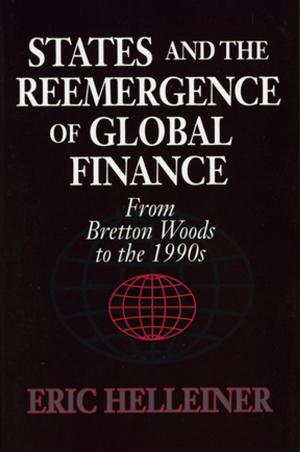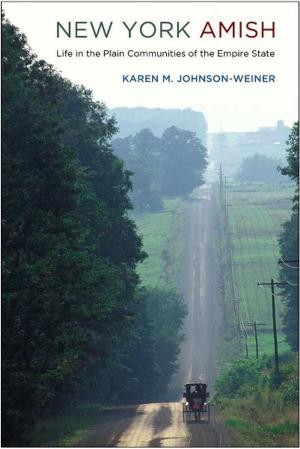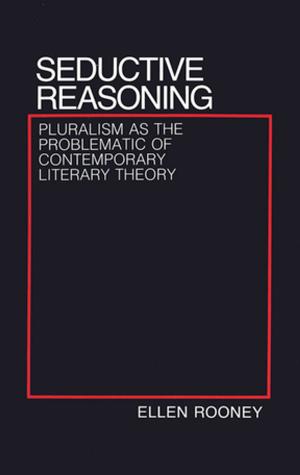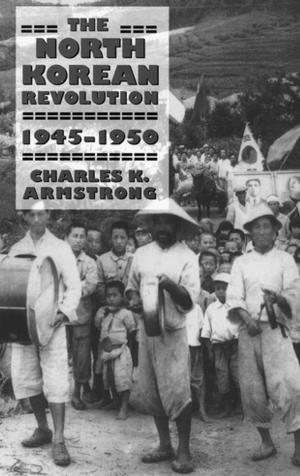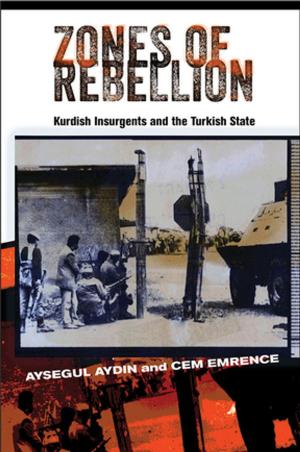The Burned-over District
The Social and Intellectual History of Enthusiastic Religion in Western New York, 1800–1850
Nonfiction, History, Americas, United States| Author: | Whitney R. Cross | ISBN: | 9780801477003 |
| Publisher: | Cornell University Press | Publication: | December 15, 2009 |
| Imprint: | Cornell University Press | Language: | English |
| Author: | Whitney R. Cross |
| ISBN: | 9780801477003 |
| Publisher: | Cornell University Press |
| Publication: | December 15, 2009 |
| Imprint: | Cornell University Press |
| Language: | English |
"Burned-over District was a name applied to a small region, during a limited period of history, to indicate a particular phase of development. It described the religious character of western New York during the first half of the nineteenth century. Time, subject, and area have thus all combined to confine the scope of this book. The study has nevertheless seemed rewarding, mainly because its implications transcend all three limitations."The meaning expands in a geographical sense because this one area provides a case history in the westward transit of New England culture. Likewise, it is representative as a sample of the change from youth to maturity in a single section affected by continuing westward movement. The subject of religion has broader significance in this period and locality than might at first appear. This section was the storm center, and religious forces were the driving propellants of social movements important for the whole country in that generation. As far as time goes, this book is an illustration of the way in which the minds of one era help to form the destinies of succeeding generations. Neither the causes of the Civil War nor the origins of national prohibition, to cite only two prominent examples, can be thoroughly understood without reference to the Burned-over District."—from the Preface
"Burned-over District was a name applied to a small region, during a limited period of history, to indicate a particular phase of development. It described the religious character of western New York during the first half of the nineteenth century. Time, subject, and area have thus all combined to confine the scope of this book. The study has nevertheless seemed rewarding, mainly because its implications transcend all three limitations."The meaning expands in a geographical sense because this one area provides a case history in the westward transit of New England culture. Likewise, it is representative as a sample of the change from youth to maturity in a single section affected by continuing westward movement. The subject of religion has broader significance in this period and locality than might at first appear. This section was the storm center, and religious forces were the driving propellants of social movements important for the whole country in that generation. As far as time goes, this book is an illustration of the way in which the minds of one era help to form the destinies of succeeding generations. Neither the causes of the Civil War nor the origins of national prohibition, to cite only two prominent examples, can be thoroughly understood without reference to the Burned-over District."—from the Preface

